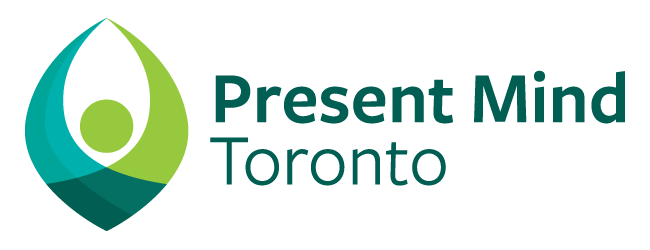
Autism Spectrum Disorder
What is Autism Spectrum Disorder (ASD)?
Autism Spectrum Disorder (ASD) is a neurodevelopmental condition characterized by differences in social communication, behaviour, and sensory processing. It exists on a spectrum, meaning that the severity and presentation of traits can vary widely between individuals. Common features of ASD include:
Social Communication Differences: Challenges with understanding and using verbal and nonverbal communication, such as interpreting tone, facial expressions, or social cues.
Repetitive Behaviours and Interests: A preference for routines, repetitive actions, or focused interests in specific topics.
Sensory Sensitivities: Heightened or diminished sensitivity to sensory input (e.g., light, sound, textures).
Unique Cognitive Styles: Differences in how information is processed, including strengths in areas like memory, detail orientation, or problem-solving.
ASD is not a disorder to be "fixed" but a natural variation in human neurodiversity. Many autistic individuals thrive when provided with understanding, support, and accommodations.
How Can Psychotherapy Help?
Psychotherapy can offer support to individuals with ASD in various ways, focusing on their strengths and addressing challenges they may encounter in daily life. Below are some areas where therapy can help:
Social and Communication Skills
Therapy can teach strategies for navigating social interactions, understanding social norms, and expressing needs effectively. Techniques might include role-playing, social stories, or practicing conversational skills.Managing Anxiety and Emotional Regulation
Many individuals with ASD experience anxiety, particularly in unfamiliar or overstimulating environments. Therapy can help with coping skills, mindfulness techniques, and emotional regulation strategies.Sensory Processing Strategies
Therapists may work with clients to identify sensory triggers and develop accommodations or techniques to manage overstimulation.Self-Acceptance and Identity
Therapy can support autistic individuals in embracing their neurodivergence, building self-esteem, and exploring their identity, including intersectional aspects like gender, sexuality, or cultural background.Life Skills and Problem-Solving
Practical guidance in areas such as time management, conflict resolution, or adapting to transitions (e.g., school, work, or relationships) can empower individuals to live more independently.Family and Caregiver Support
For younger clients or those seeking family harmony, therapy can involve caregivers to educate them about ASD and enhance their ability to provide effective support.
Therapeutic Approaches Often Used for ASD
Cognitive-Behavioural Therapy (CBT): Helps with anxiety, emotional regulation, and problem-solving.
Acceptance and Commitment Therapy (ACT): Focuses on self-acceptance and values-driven living.
Dialectical Behaviour Therapy (DBT): Teaches skills like emotional regulation, distress tolerance, and interpersonal effectiveness.
Play Therapy: Used with children to improve communication and emotional expression.
